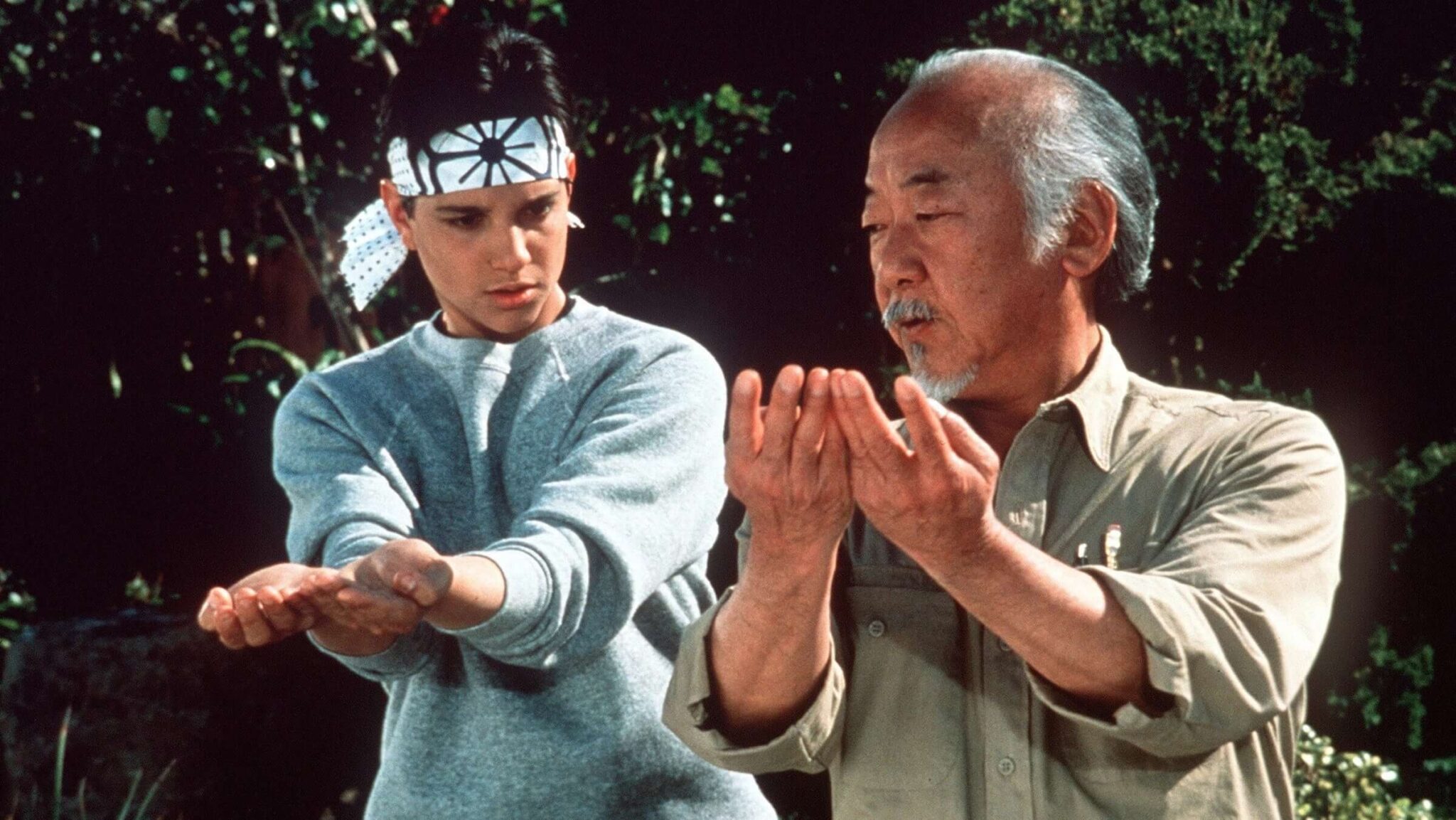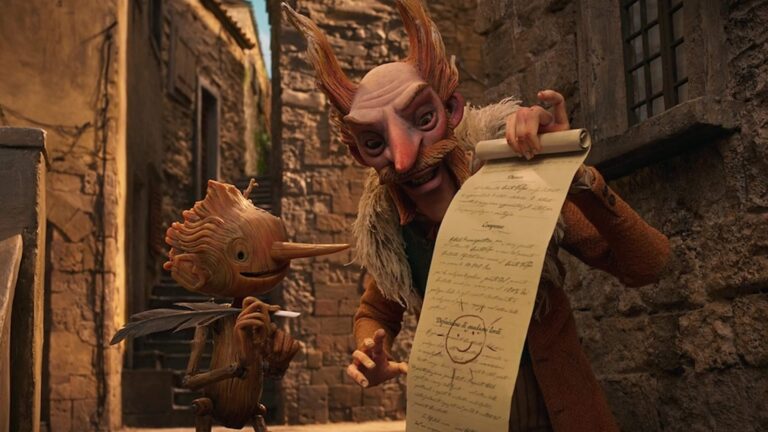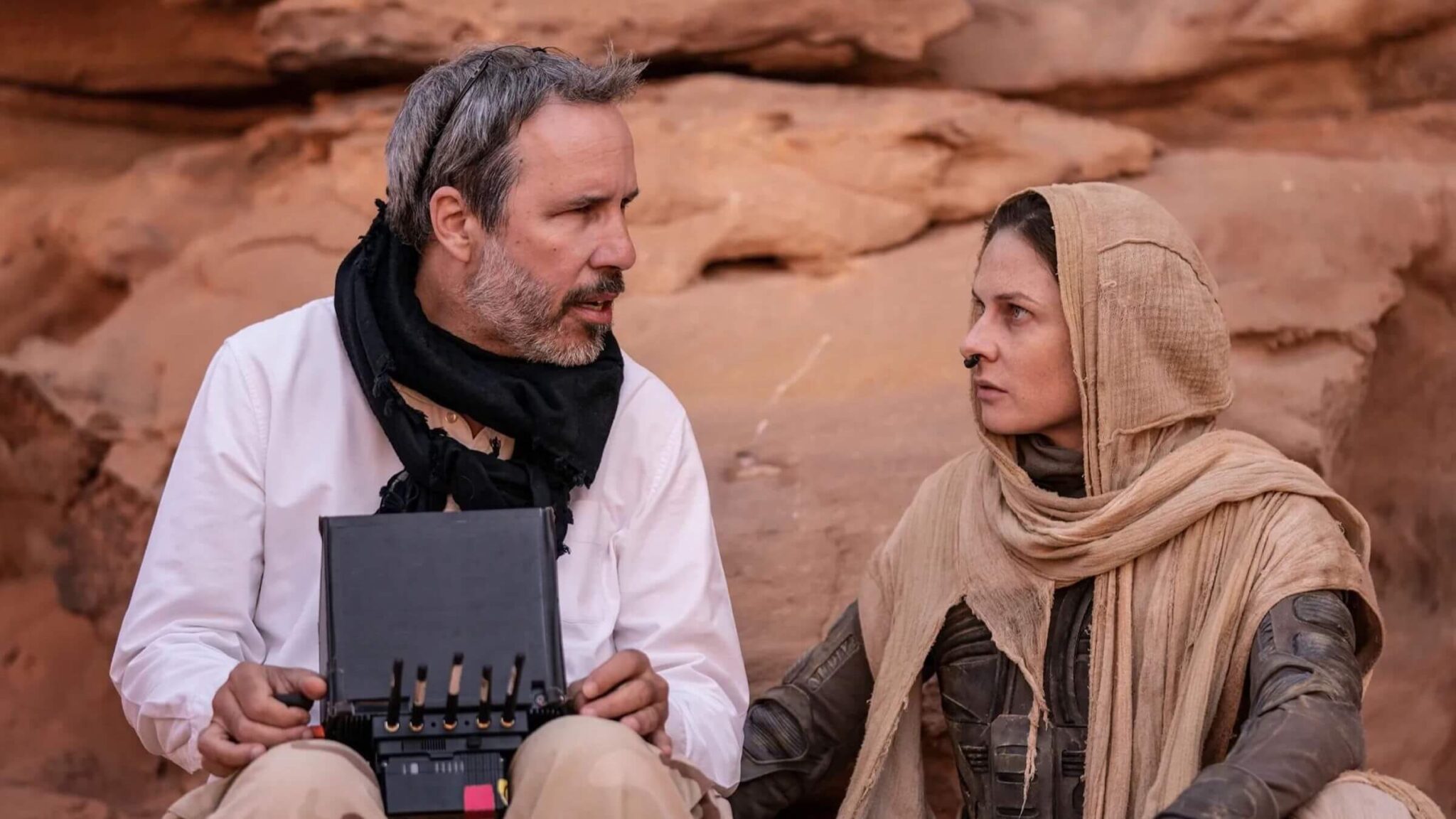Exploring Quentin Tarantino's Two Favorite Scenes He Has Ever Written

What are Quentin Tarantino's favorite scenes from his own movies, and what can we learn from them?
As most screenwriters know, Quentin Tarantino is a cinema fanatic.
In the 1980s, he found himself making ends meet at various jobs until he found work at Video Archives, a video store in Manhattan Beach, California.
“Until I became a director, it was the best job I ever had,” Quentin later said in an interview.
Quentin dove into cinema through this position. He was known to discuss cinema at length with his peers, and even with the customers. He would take every chance he could get to introduce a cool movie to the customers of Video Archives.
His cinematic knowledge is legendary. If you read any interview with professional peers of his, they will likely regale the interviewer with stories about Tarantino's knowledge of cinema. If you watch interviews with Tarantino, chances are they will be full of movie references.
But what does he think about his own work?
Toward the end of a San Diego Comic-Con panel for his film The Hateful Eight, Tarantino was asked by a young fan, "What is your favorite thing you've ever said or written in a movie?"
"My favorite thing I think I've ever written is the scene at the French farmhouse at the beginning of Inglourious Basterds," Tarantino replied.
https://youtu.be/yYtgzekqUG4?t=1554
He went on to say, "Before that, it was in my very first script, True Romance, it was the whole Sicilian speech. That was the one to beat... And then when I finally wrote that scene in Inglorious Basterds, I was like, 'Oh, I think I finally beat that one!'"
So out of all nine of his brilliant screenplays and films (as of 2020), these are the two scenes that he's most proud of — but why?
Here we share each scene and briefly break down why they are so memorable, compelling, and engaging — hopefully offering some insight into how you can do the same for scenes within your screenplays.
True Romance — The Sicilian Scene
Let's start with the first scene that he felt he could never top. It came from a spec screenplay that he sold in the early 1990s for a mere $40,000. It was entitled True Romance, telling the story of a lonely pop culture geek that marries a call girl, steals cocaine from her pimp, and tries to sell it in Hollywood while the owners of the cocaine, the Mob, track them down in an attempt to reclaim it.
This was before Tarantino had established himself as the cream of a new crop of filmmakers during the indie boom of the 1990s. He was a struggling screenwriter and actor and was thrilled to sell his first screenplay, but sad that he didn't get a chance to direct it as he had planned. He needed the money.
Instead, the late Tony Scott took on the helm of the project and gave us our first look into the world of Quentin Tarantino.
The standout scene from the screenplay features Dennis Hopper as Clarence's (Christian Slater) estranged father, Clifford. Clarence and his new wife, Alabama (Patricia Arquette), surprised Clarence's father with a visit before they escaped Detroit for Los Angeles. Clarence wanted his father, a former cop, to see if he could look into the crime they committed — killing Alabama's violent pimp and mistakenly taking a suitcase full of cocaine.
Clifford comes back with comforting information, telling Clarence that the police assume Drexl's murder is a gang killing. Clarence and Alabama aren't suspects.
They bid Clifford farewell and head to Hollywood.
Later on, Clifford returns home only to find some dangerous guests waiting for him.
It's a powerful scene.
From the getgo, we know that Clifford is in trouble. The stakes of the scene are high, and only get higher when it's revealed that Clarence and Alabama have taken cocaine from the Mob. And this visiting Mob Don, played brilliantly by Christopher Walken, is a force to be reckoned with.
Tarantino doesn't jump to a conclusion within the scene. In any lesser screenplay, the reveal of Clifford's guests would lead to immediate and violent interrogation.
The scene starts that way, but Tarantino lengthens the tension with two different monologues. And each of those monologues has a point. It's not just about cool dialogue, which we've come to expect with every scene within a Quentin Tarantino script. It's about setting up the delivery of the climax of the scene that we know is coming.
Learn how to write great movie dialogue with this free guide.
We know Clifford is a dead man. It's now about how he's going to die, at whose hand, and how Clifford is going to go out without endangering his son and daughter-in-law.
Clifford did his best to protect Clarence and Alabama's location until The Don delivers a monologue about how he learned how to detect liars with seventeen different tell signs. Just when we feel that Clifford has done an outstanding job of lying by giving half-truths, we now know that the Don knows he's lying.
The scene shifts in tone and atmosphere from that moment. We see that Clifford knows he's been caught. They're going to torture him until he reveals their whereabouts. So he decides to take action in the only way he can — using his wits.
Working from the information that the Don shared with him about having the talent of being able to detect a lie, Clifford goes into a monologue about a historical fact that he knows — one that he believes will earn him a quick death.
While the content of the story he tells is crude, with racist slurs, Tarantino delivers the dialogue within the context that it's the characters and their flawed viewpoints that are using such offensive words.
And the story Clifford tells enrages the Don to the point that he kills Clifford in a moment of enraged passion.
The brilliant thing about this moment is that it is precisely what Clifford had planned. He didn't want to be tortured to the point of divulging his son's destination. With the knowledge that Don could sniff out a lie, he told a story that was based on at least what Clifford believes is true. A story involving the Don's own race.
What this teaches us from a screenwriting perspective is that every word in every scene has to be there for a purpose. And you can create fantastic tension within any scene by adding high stakes and then delaying the outcome that we believe is coming.
Inglorious Basterds — The French Farmhouse Scene
Quentin Tarantino’s Inglourious Basterds offers a masterful scene, which happens to open the whole film.
There is some back and forth as Landa poses some questions to the farmer. However, if you pay close attention, every question Landa asks the farmer is rhetorical.
The Farmer doesn’t even answer all of them — and the answers he does offer are insignificant because Landa has a predetermined agenda. Each question he asks during his monologue isn’t just rhetorical — he’s using them to inject more and more fear into the farmer and those hidden below them.
Yes, the Jewish people are hiding underneath the floorboards during Landa’s monologue. He knows that they are there. And that is what makes this scene so great.
Tarantino could have placed Landa’s dialogue in almost any scene throughout the script. However, his decision to place it in this particular scene is masterful because it creates ultimate tension as we know that people are hiding underneath this conversation — both figuratively and literally.
At first, we don’t know. But there are evident fears and suspicions that this Nazi “Jew Hunter” is looking for someone, and that someone may be in this farmhouse. Then, during the middle of the monologue, we are offered a glimpse of them — confirming those fears and suspicions, thus enhancing the tension and suspense as Landa continues to speak.
The actual words within the monologue then showcase that this character is truly evil.
The dialogue manages to give us an explanation for how a Nazi soldier like Landa feels about the people he is hunting — comparing a Nazi soldier to a hawk and a Jewish person to a rat. His comparison builds and builds as we wonder how all of this applies to the situation at hand.
When he explains that a Nazi soldier — a hawk — knows where to look for hiding Jews, he stands out because he also knows where a “rat” would hide as well. When this reveal is given within the monologue, our hearts sink deep because we know that he knows about those hidden underneath him.
What we learn is that the placement of your dialogue is critical. Had Tarantino situated this within any other scene in the script, it would surely have still offered a certain amount of impact and information about this genuinely evil character — but it would have been void of the tension and suspense of that farmhouse and the people that were hiding from the Nazis.
Once again, we see that Tarantino is a master of tension. Much like the True Romance scene above, he masterfully holds us captive.
We know this isn't going to end well. They're Nazis — nothing ends well when they're present. But Tarantino manages to give us just a little bit of hope until the end.
The fact that he makes Landa — an evil Nazi — charming and polite is both unsettling and calming at the same time. His good manners. His respectful demeanor. His endless smile. This isn't what we'd expect from the evil character we know he will become. And that is exactly what scares us most throughout this whole scene.
Again, each line of dialogue matters. Each line has a purpose. And the dialogue exists to lead us to something within every scene.
That's what Quentin Tarantino excels at most.
Sure, it sounds cool, it's unique, and it's memorable. But it's there for a storytelling reason — and not just to drop plot points, information, and exposition. It maneuvers our emotions, builds tension, and increases our expectations with each and every scene in each and every screenplay he has ever written.
Ken Miyamoto has worked in the film industry for nearly two decades, most notably as a studio liaison for Sony Studios and then as a script reader and story analyst for Sony Pictures.
He has many studio meetings under his belt as a produced screenwriter, meeting with the likes of Sony, Dreamworks, Universal, Disney, Warner Brothers, as well as many production and management companies. He has had a previous development deal with Lionsgate, as well as multiple writing assignments, including the produced miniseries Blackout, starring Anne Heche, Sean Patrick Flanery, Billy Zane, James Brolin, Haylie Duff, Brian Bloom, Eric La Salle, and Bruce Boxleitner. Follow Ken on Twitter @KenMovies
For all the latest ScreenCraft news and updates, follow us on Twitter, Instagram and Facebook!
Tags
Get Our Screenwriting Newsletter!
Get weekly writing inspiration delivered to your inbox - including industry news, popular articles, and more!


























